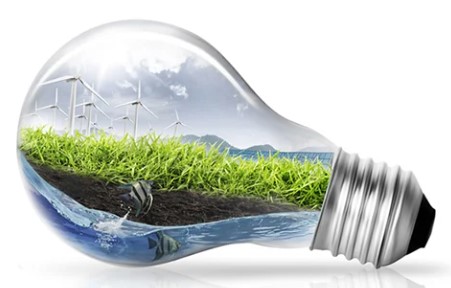The Japanese government has launched policies and incentives to promote energy-efficient lighting. Under its Green Growth Strategy, Japan encourages LED adoption through subsidies and the Eco-Points System. Cities like Tokyo and Osaka are implementing smart street lighting that adjusts brightness based on environmental conditions, cutting unnecessary power use.
Companies such as Panasonic and Nichia are pioneering next-generation LEDs with improved brightness and lower energy consumption. These advancements extend LED lifespans, reducing electronic waste. Additionally, researchers are developing organic LEDs (OLEDs), which eliminate heavy metals, making them a more eco-friendly option.
Eco-friendly LED lighting is expanding into residential and commercial sectors. Homeowners prefer LEDs for their longevity and cost savings, while businesses integrate them to cut energy expenses. Major corporations are retrofitting offices and retail spaces with LEDs to enhance efficiency and sustainability.
Smart LED solutions connected via the Internet of Things (IoT) enable remote control of brightness and color temperature, optimizing energy use. Office buildings and transportation hubs are adopting intelligent LED systems that adjust lighting based on occupancy and daylight availability, minimizing waste.
Despite rapid growth, challenges remain, such as the high initial costs of LED systems. However, long-term savings justify the investment. Proper recycling mechanisms for old lighting equipment are also essential to prevent environmental harm. With Japan aiming for carbon neutrality by 2050, continued innovation in LED technology will play a crucial role in achieving sustainability goals.


